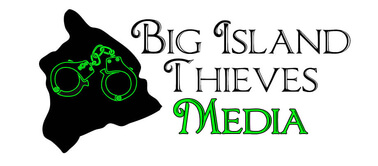First and second doses should have priority over any booster doses. The best way to protect Hawai‘i families and communities is to ensure that unvaccinated Hawai‘i residents complete their primary vaccine series.
- DOH recommends vaccination providers give priority to individuals age 65 and older and individuals age 50-64 with underlying medical conditions. The CDC’s strongest recommendations were to provide boosters to these groups, as waning immunity in these populations puts them at highest risk for severe illness.
- As supply allows, providers should consider booster doses for additional populations recommended by the CDC.
“As the science and the virus evolves, DOH will continue to make evidence-based decisions to ensure those at highest risk for severe illness have access to vaccines,” said Director of Health Dr. Elizabeth Char, FACEP. “We will have enough booster shots for everyone, but please allow those at highest risk for severe illness to receive their shots first. DOH’s first priority will remain encouraging unvaccinated Hawai‘i residents to complete their primary vaccine series.”
Individuals who received their second dose of the Pfizer vaccine at least six months ago and fall into the prioritization guidelines should receive a booster dose. The protection provided by the first two vaccinations continues after the six-month mark. Eligible individuals can get vaccinated any time at least six months after their second Pfizer vaccination. There is no need to rush vaccination sites.
While DOH recommends individuals 65 and older and those 50-64 with underlying conditions be given priority, other groups are also eligible to receive booster shots and should be accommodated as vaccine allocation allows. They are:
- Individuals age 18-49 with underlying medical conditions, based on individual benefits and risks.
- Individuals age 18-64 and at high risk for occupational or institutional exposure, based on individual benefits and risks.
Pfizer vaccine recipients unsure if they qualify for a booster should check with their healthcare provider.
These recommendations apply only to those who received the Pfizer vaccine. There are no changes at this time for those who received Moderna and Johnson & Johnson vaccines. Providing a Pfizer booster dose to those who received the Moderna or Johnson & Johnson vaccine is not authorized or recommended at this time.
Individuals are still considered fully vaccinated 14 days after their second dose. Booster doses provide additional protection, but the primary two-dose series continues to protect vaccinated individuals against severe illness, hospitalization and death.



